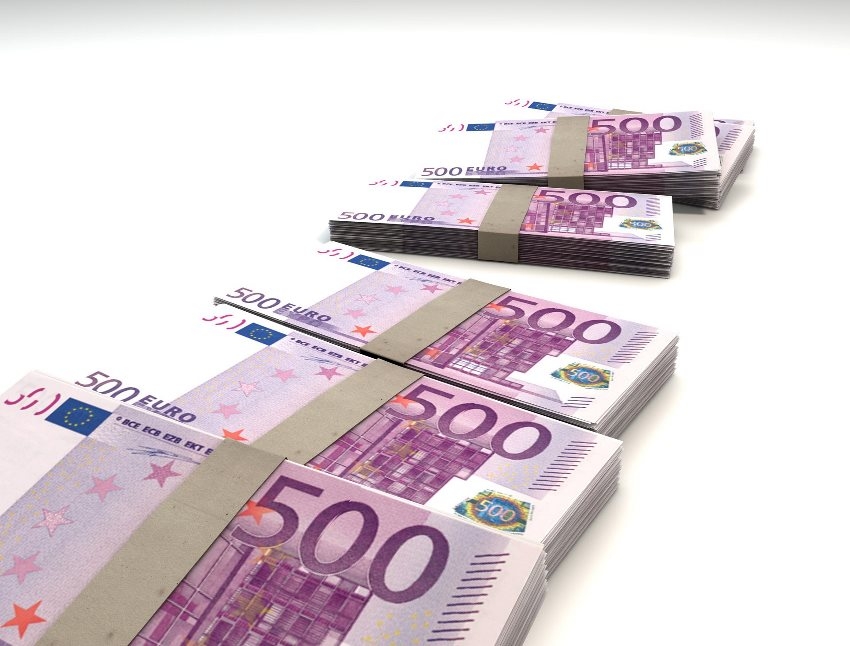Uses of the second conditional
We use the second conditional to talk about future events which are unlikely to happen. We also use it to talk about present events which are impossible.
Form of the second conditional
| if | past simple (condition) | would | infinitive (result) |
The condition is the event or situation.
The result is what happens because of this condition.
Example: If I won £1,000,000 (the condition), I would go on holiday (the result).
Second conditional: positive and negative
| If |
I you he/she/it we they |
won £1,000,000 (condition) |
I you he/she/it we they |
would |
go on holiday (result) |
Second conditional: question
|
If |
I you he/she/it we they |
won £1,000,000 (condition) |
wha |
would |
I you he/she/it we they |
do? (result) |
Uses of the second conditional
We can also use 'were' instead of 'was' with 'I' and 'he/she/it' in formal writing. Some people consider this old-fashioned, but both forms are correct.
Example: If + she + was + a + man + she + would + play + football.
If + she + were + a + man + she + would + play + football.
Remember! In the plural forms ('we', 'you' and 'they') we must always use 'were'!
We can also put the 'would + infinitive' (result) clause first:
Example: I + would + play + football (result) + if + I + were + a + man (condition)
Second conditional, be careful!
1. After 'would' we always require the infinitive form of the main verb.
2. The clause with the modal verb is always the result.
3. Notice in the negative the past simple form applied to the auxiliary 'do' which is followed by the infinitive of the main verb.
4. In the question form, we have a verb-subject inversion.
Use of different modal verbs with the second conditional
We use different modal verbs in the second conditional to change the meaning of the result.
If I won £1,000,000, I would go on holiday (expressing intention)
If I won £1,000,000, I could go on holiday (expressing ability)
If I won £1,000,000, I should go on holiday (expressing obligation)
If I won £1,000,000, I might go on holiday (expressing possibility)
Uses of the second conditional
There are two main uses for the second conditional:
1. A future event or situation which is unlikely to happen:
'If I didn't have a job, I would sleep all day.' (Most people need a job!)
'If she became the president of the USA, she would ban smoking.' (This is very unlikely)
'If you learnt Chinese, you could make a lot of money as a translator.' (Not many people learn to speak Chinese!)
2. A present event or situation which is impossible:
'If I was a dog, I would sleep all day.' (It's impossible to change into a dog!)
'If he lived on the moon, he would build a big house.' (It's impossible to live on the moon!)
'If it rained money, we would be rich.' (Impossible!)
Second conditional, be careful again!
We can also use the second conditional to give advice, using this structure:
If I Were you I would infinitive
'If + I + were + you + I + would + infinitive (It's impossible for one person to 'be' another!)
Examples:
If I were you, I would learn to drive.
If I were you, I wouldn't do that.
If I were you, I would spend less money.
If I were you, I would talk to him about it.
The second conditional is used to talk about events which are more unlikely than in the first conditional.
Example:
First - If I drive to work, I will buy some groceries (likely)
Second - If I drove to the Antarctic, I would need a lot of gas (unlikely)




